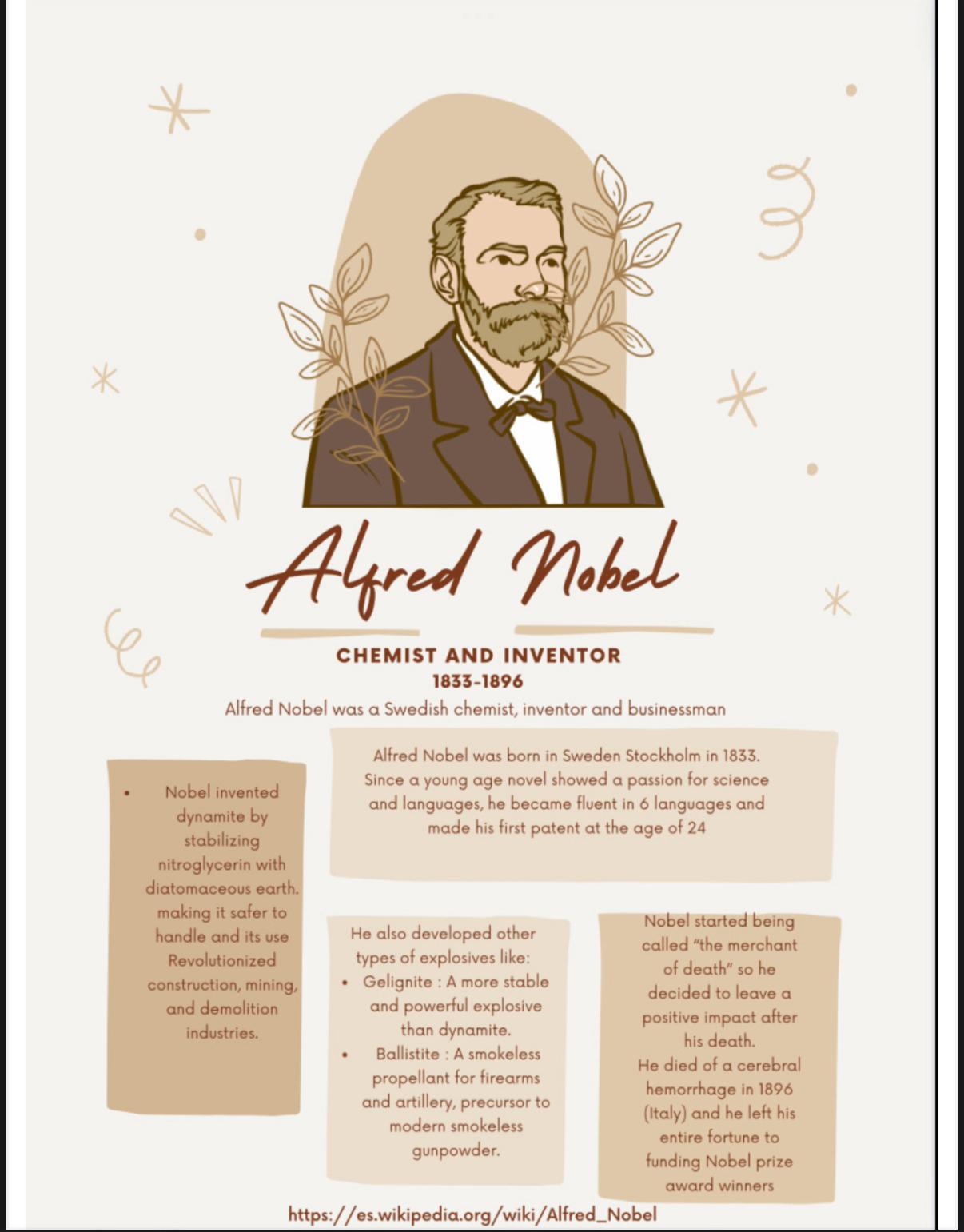Chemistry’s roots trace back to ancient civilizations, where early practitioners experimented with metallurgy, dyes, and medicines, laying the groundwork for the field. Alchemy, particularly vibrant in the Islamic world and medieval Europe, blended philosophical and mystical ideas with proto-chemical practices, such as attempts at transmutation of base metals into gold. In the 17th and 18th centuries, scholars like Robert Boyle and Antoine Lavoisier helped break from alchemical thinking and introduced systematic experimentation, quantitative methods, and the concept of elements. The 19th century saw rapid advancements with John Dalton’s atomic theory, Dmitri Mendeleev’s periodic table, and expanded understanding of chemical bonds and molecular structures. By the 20th century, modern chemistry emerged as a foundational science, driving major innovations in medicine, materials, and technology and continuing to evolve rapidly with research into nanotechnology and biological chemistry.
-

-
 2
2 -
 3
3 -
 Photo titlePhoto subtitle
Photo titlePhoto subtitle